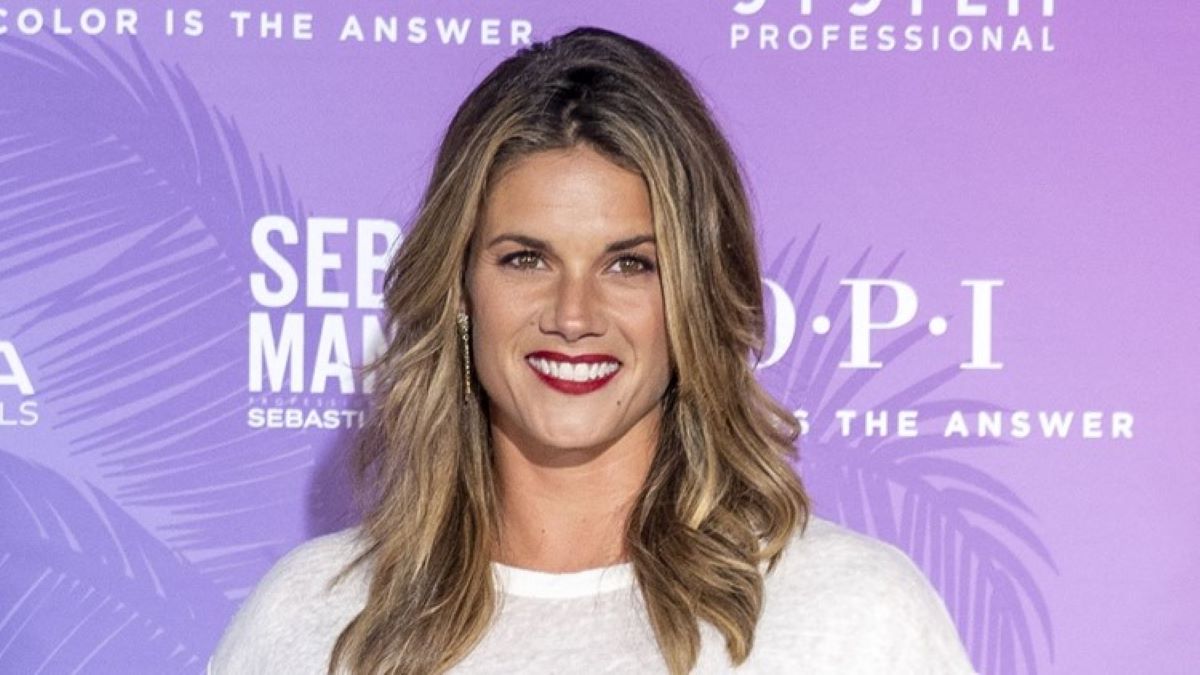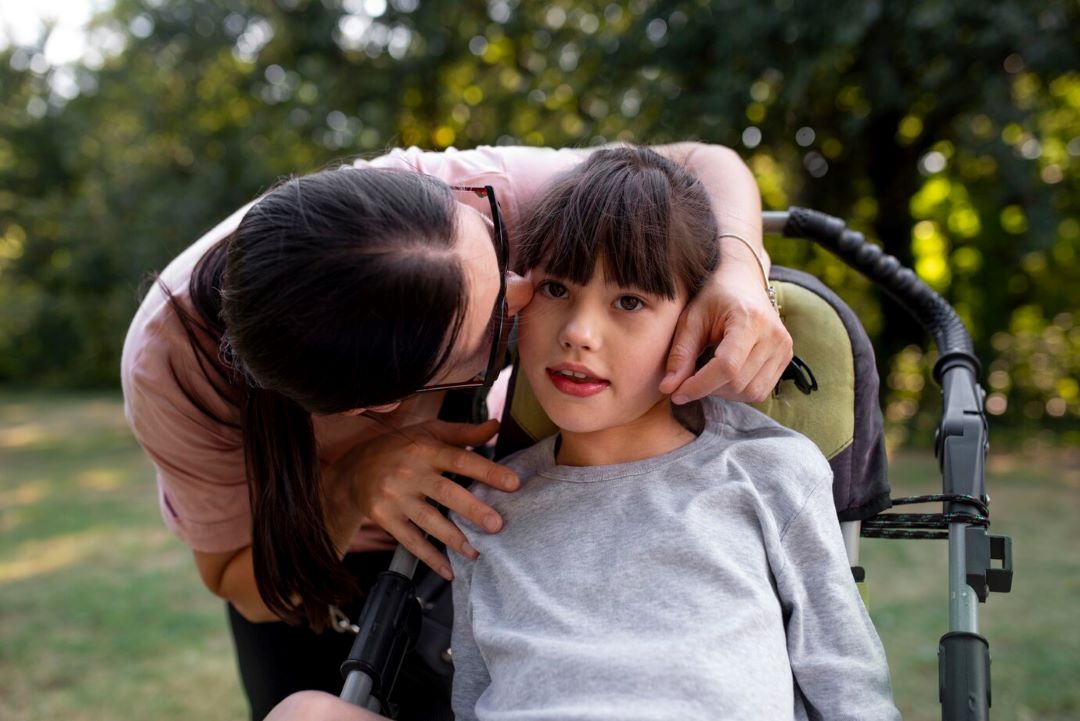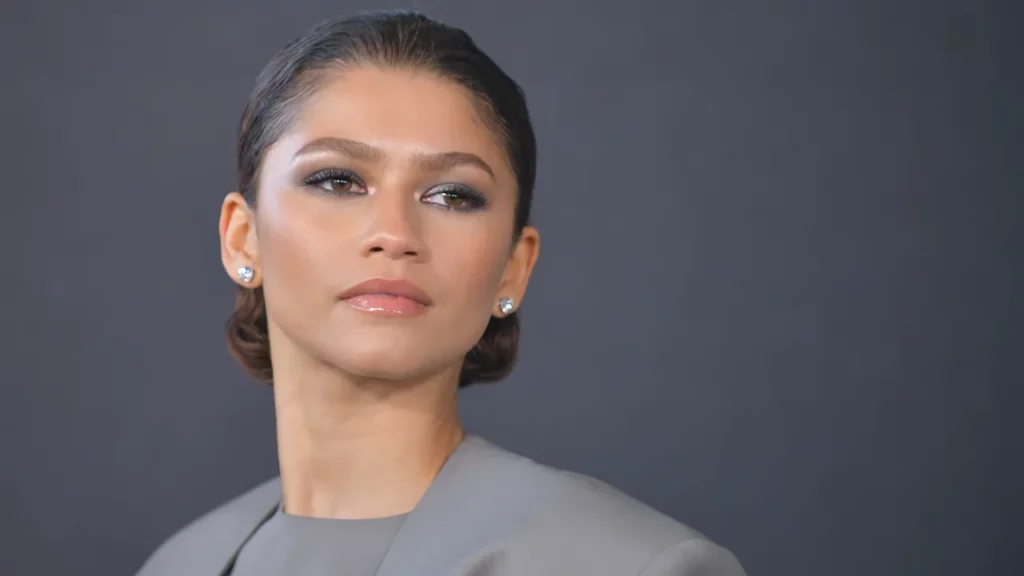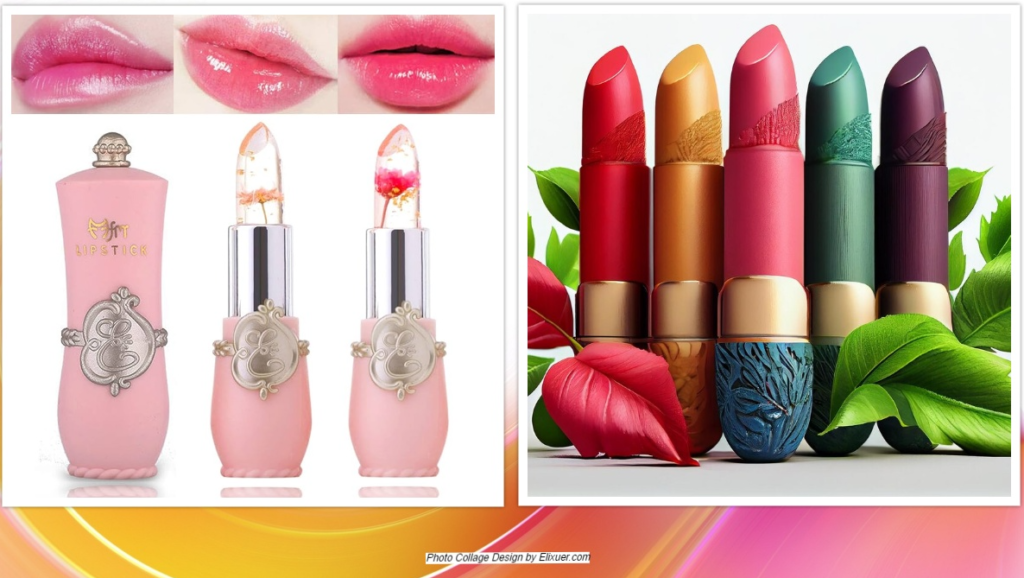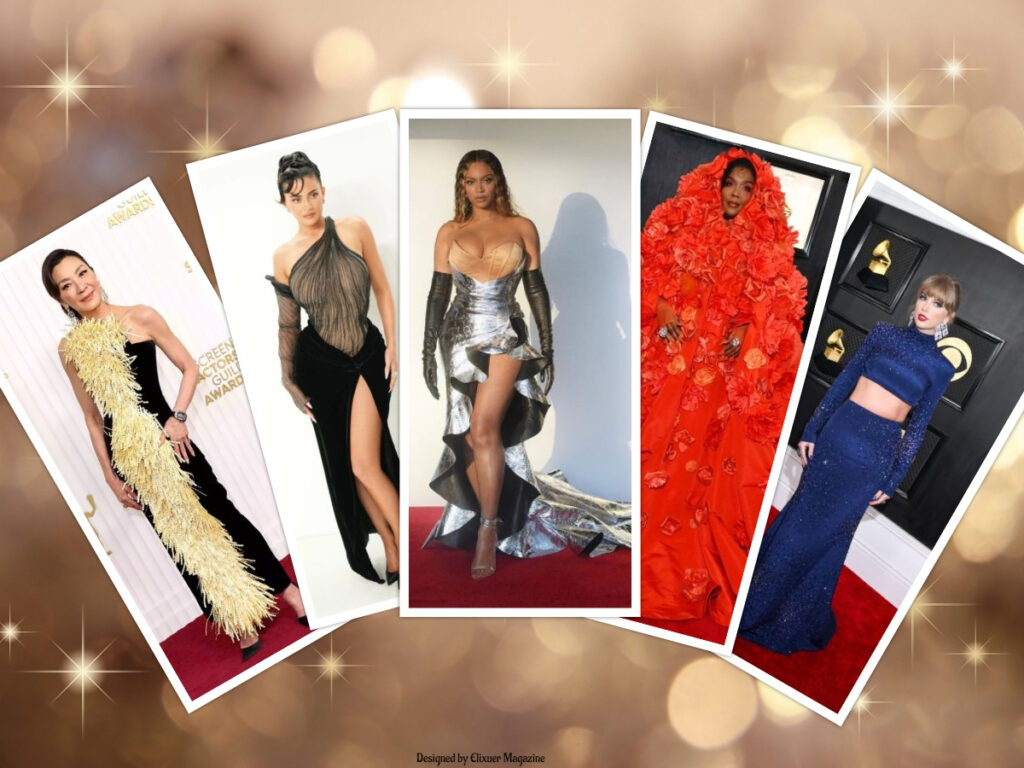Whether she’s getting ready for the cover of British Vogue or on-screen giving the audience outstanding performances, Zendaya never shies away from her advocacy of “true feminism”. Zendaya’s definition of true feminism is more commonly known as intersectional feminism, a term coined by American law professor Kimberlé Crenshaw in the late ‘80s. This feminism acknowledges women who fall along the intersections of gender and identity.
Zendaya is a perfect role-model because she not only fights for all women but makes it her life’s mission to champion women in all their complexities.
While interviewing for the cover of British Vogue, Zendaya was very candid about where she stood with feminism. “[Feminism should encompass] women that look like you, women who don’t look like you,” she continued, “women whose experiences are different than you.”
Zendaya’s fight for intersectional feminism began with her own experience as a child star on Disney’s Shake it Up. The additional struggle of being of African descent while facing gender discrimination defined her early years of fame.
In 2015, eighteen-year-old Zendaya was criticized for wearing locks that probably “smelled like weed” for a red-carpet event. Zendaya was quick to take to Instagram about the insensitive post, claiming it was an ignorant comment based in stereotypes and discriminatory beauty standards. She also let it be known to the world that she was not one who would tolerate any form of discrimination, no matter who it came from.
Zendaya continued to use her platform to call out racism and vigorously advocate for Black women who faced similar struggles. She even stated that if she were to direct or create a film, she would hire Black actresses for lead roles. A fierce advocate for the arts, Zendaya believes artistic projects could bring about change.
In the past, intersectional feminism came out of the response to white feminism, which saw white women voicing their issues without considering the problems racialized women faced. “If you see inequality as a “them” problem or “unfortunate other” problem, that is a problem,” Crenshaw infamously quoted.
The fourth wave of feminism is the latest version of intersectional feminism. This version expands beyond supporting women from different races, including the voices of non-binary, transgender, and other members from the LGBTQ+ community.
Zendaya’s advocacy of the LGBTQ+ community is well-known. She’s been praised by the transgender community for her work in the popular HBO series, Euphoria. Zendaya portrays a character who is romantically involved with a transgender woman. Her co-star and on-screen love interest, Hunter Shafer, is transgender in real life.
Zendaya has always been unique in Hollywood, from her down-to-earth personality to her unapologetic honesty. While not the only star to advocate for women’s rights, Zendaya deserves the recognition that names like Angelina Jolie get credit for. She not only sees the injustices women face, but the injustices women on intersectional lines face as well.
Tashon Daley | Contributing Writer



